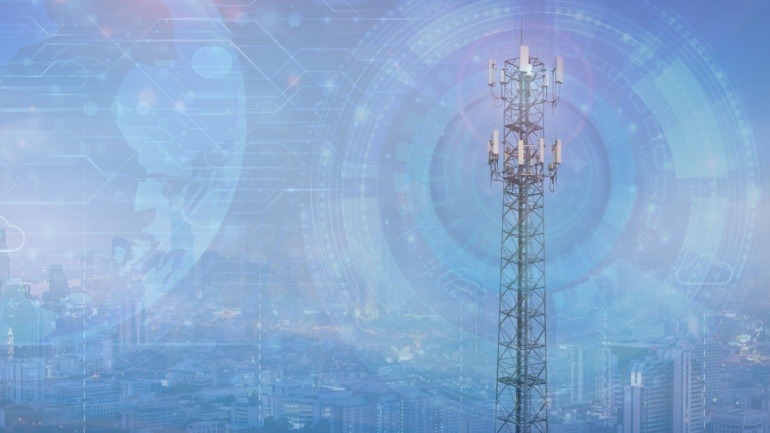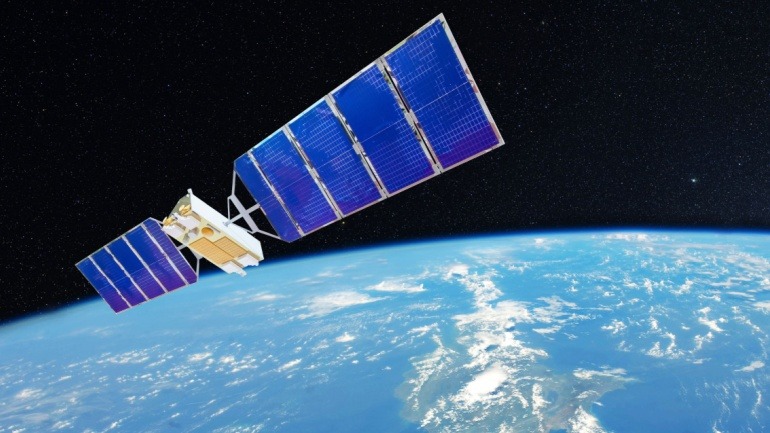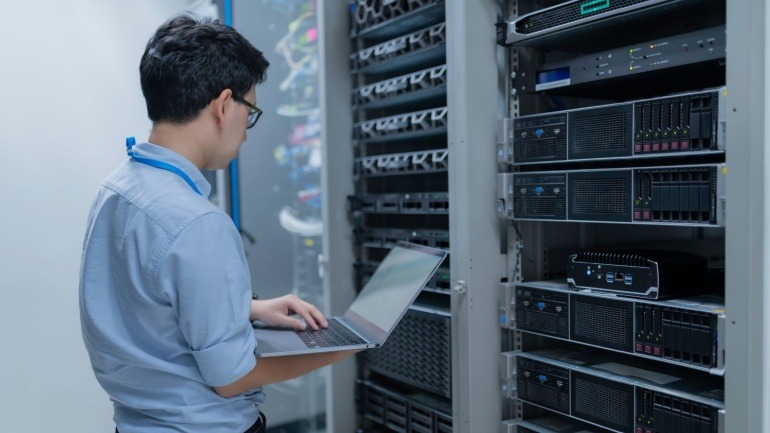Beijing’s ambitious plan for integrating 5G technology into daily life by 2027 promises revolutionary changes in sectors such as healthcare and education. The city aims for 100% 5G user penetration, with 75% of network traffic utilizing 5G.
Nokia, Digita, and CoreGo are teaming up to deploy private 5G networks at major events, boosting secure, real-time connectivity for payments, ticketing, and operations. The flexible, scalable systems promise smoother experiences for attendees and staff.
MediaTek’s new Dimensity 9400+ chip revolutionizes Android devices with advanced AI capabilities, boosting power efficiency and gaming performance. Its All Big Core CPU architecture, featuring the Arm Cortex-X925, Cortex-X4, and Cortex-A720 cores, ensures seamless performance.
KDDI and Okinawa Cellular, in partnership with Starlink, have launched au Starlink Direct — Japan’s first direct-to-device satellite service. Starting April 10, 2025, au users can enjoy seamless connectivity even beyond network zones, enabling emergency alerts, location sharing, and AI-powered assistance, all at no extra cost.
The Global Mobile Suppliers Association (GSA) is championing the development of 5G Reduced Capability, known as RedCap, by forming a focused group. This initiative is crucial for propelling 5G’s ecosystem forward, backed by industry giants like Ericsson, Huawei, Qualcomm, and MediaTek.
The Philippines’ NTC has denied NOW Telecom’s appeal to extend its mobile license after the company failed to meet rollout targets—deploying just 6 of 2,306 promised base stations. Regulatory non-compliance and unpaid spectrum fees totaling PHP 3.57 billion further sealed its fate.
The UK’s major mobile operators are challenging Ofcom’s proposed changes to spectrum annual license fees. Despite a proposed 21% reduction in fees for the 900MHz and 1800MHz spectrums, and a 12% increase for the 2100MHz band, operators argue the fees are still too high.
Anatel has approved Starlink to launch 7,500 more satellites in Brazil, expanding its network. While boosting internet coverage, the decision raised regulatory concerns. Amid tensions with Brazilian authorities and global contract setbacks, Starlink also faces rising costs from U.S. import tariffs.
Apple is fighting a UK government demand to weaken its encrypted cloud services, sparking a landmark legal battle. A tribunal ruled the case must be public, rejecting secrecy claims. Privacy advocates hail the decision as a win for digital rights, warning that forced backdoors threaten global security.
The U.S. Department of Energy has identified 16 federal sites for future AI data centers, leveraging existing power infrastructure. This initiative, aiming for completion by 2027, supports a federal strategy to bolster AI capabilities. Proposed locations include national labs and decommissioned nuclear sites.













